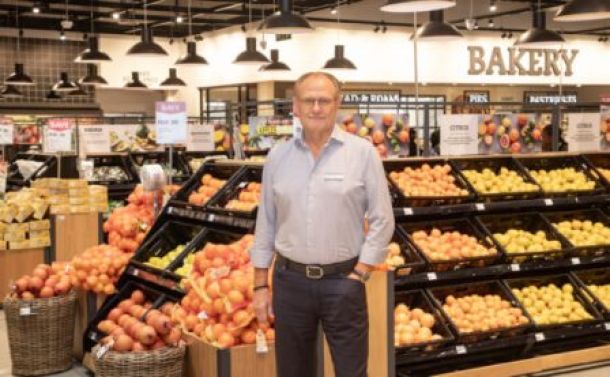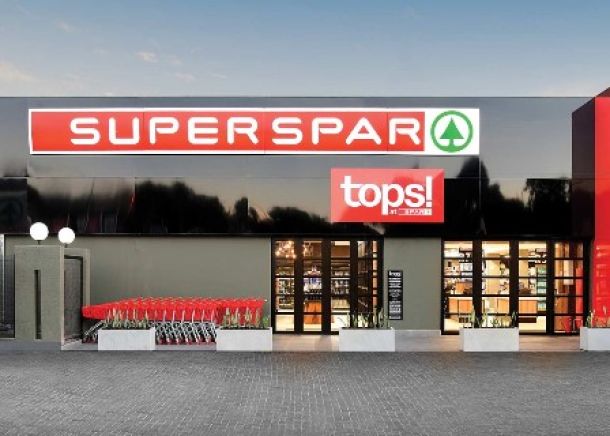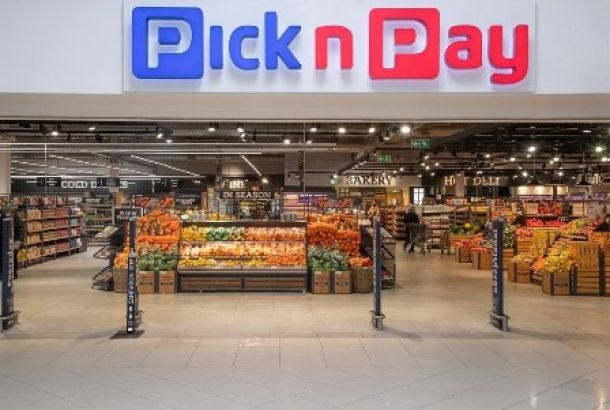Massmart battles one of the worst retail environments yet in SA
The retailer has struggled in the South African market, which accounts for 91.6% of Massmart’s total sale. Massmart, which is 51% owned by US giant Walmart, is battling one of the worst retail environments yet it has seen in SA, chair Kuseni Dlamini says.
“The environment is very challenging from a retail perspective. It’s one of the worst retail environments we’ve seen in many years,” Dlamini told Business Day on the sidelines of the African Investment Forum last week.
The retailer has struggled in the South African market, which accounts for 91.6% of Massmart’s total sales. Since Walmart acquired its majority stake on June 20 2011, Massmart has lost about 24% of its share price value.
“We need the economy to grow, we need more jobs to be created, we need more consumer confidence, we need more investor confidence in our country and we need to attract investment. Those are the key levers in our country that we need to unlock,” he said.
SA fell into a recession for the first time since the global financial crisis in the first two quarters of 2018. The retail sector, which was also in a recession in the first half of the year, is an important indicator of consumer spending, which accounts for 60% of GDP.
“Growth is so important and it is the goose that lays the golden egg. News that we’re in a recession has to be a wake-up call for leaders to step up to the plate and do what it takes with a sense of urgency. It’s a rallying cry for leaders to do more,” said Dlamini.
Retailers have also felt the pinch of the first VAT rate increase in 25 years that was announced in the February budget and came into effect on April 1.
“Retailers have felt the impact of the VAT increase and that was really a factor if you look at the sales in the second quarter of this year [2018],” said Dlamini, adding that the increase has also been a burden to consumers who are already under pressure with static disposable incomes and an unemployment rate edging towards 30%.
To grow the economy, SA should identify the quick wins including lifting the visa requirements, reforming the labour environment and sending out the right message around land expropriation without compensation, said Dlamini.
“These are issues that are very urgent and some of them have not been managed very well and in the process we have done what is almost tantamount to scoring an own goal in local and international investor circles which is really unhelpful and unnecessary,” he said.
“There’s a huge opportunity cost to the country in terms of investments. There are a lot of investors waiting in the [wings] to see how these matters are resolved. We need to have absolute clarity and absolute certainty.”
This will be important for building trust between business and the government “because historically we’ve always had a trust deficit”.
News Category
- International retailers
- On the move
- Awards and achievements
- Legislation
- Wine and liquor
- Africa
- Going green
- Supplier news
- Research tools
- Retailer trading results
- Supply chain
- Innovation and technology
- Economic factors
- Crime and security
- Store Openings
- Marketing and Promotions
- Social Responsibility
- Brand Press Office
Related Articles

Pick n Pay plunges 16% on JSE as stock adjusts ...

SPAR suffering from a hangover

Pain for Pick n Pay

Pick n Pay disaster


